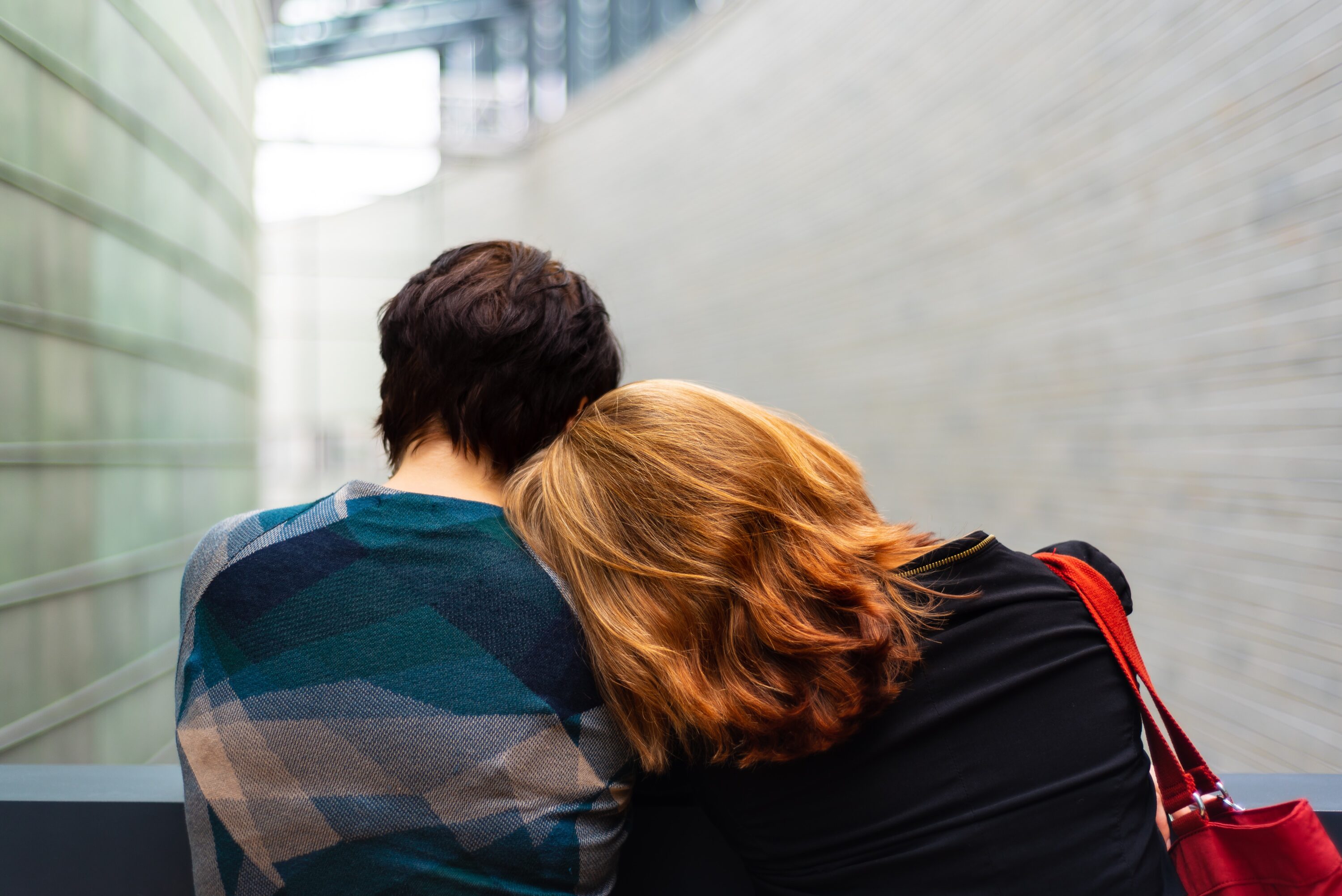The number of adults under 25 who reported having suicidal thoughts increased by over six percentage points last year, according to a new study released Wednesday by the UCLA Center for Health Policy Research.
The California Health Interview Survey, the largest health survey in the state, found that 30.5% of 18 to 24 year olds in 2021 reported having suicidal thoughts at some point in their lives, compared to 23.9% in 2020 — the first year of the COVID-19 pandemic.
Ninez A. Ponce, director of the research center, said that the results indicate an urgent need for mental health resources in California. In 2016, the number of young adults reporting thoughts of suicide was 14.1%.
“Our findings show that more people are experiencing serious psychological distress, more people are in need of professional help and more people are reporting moderate or severe impairment in their work, social lives, relationships and daily activities,” Ponce said.
More than a third of respondents ages 13 to 17 reported needing help for emotional or mental health issues, but more than a quarter did not receive any counseling over the past year, according to the survey.
The National Suicide and Crisis Lifeline can be reached by dialing 988.
The 2021 survey included responses from over 24,000 adults, 1,100 teenagers and 4,000 children. It covered more than 100 topics related to the physical and mental health of Californians.
Other results included:
— Black and Native American adults were most likely to have adverse childhood experiences. Over three-quarters of Black or African American adults and over 90% of American Indian and Alaska Native adults reported having one or more adverse childhood experiences, compared to two-thirds of all Californians;
— Over a third of Black or African American adults reported having been stopped by police at least once in the last three years, compared to the general figure of 21.5%;
— Nearly 40% of adults earning under 200% of the federal poverty level reported being food insecure in 2021, with rates highest among Black, Latino and mixed-race adults;
— Adults ages 18 to 24 were twice as likely as adults 65 and older to report housing instability (6.2% compared to 3.1%). Overall, 4.7% of adults were fairly or very unstable and insecure in their current housing situation.
“As the largest and most diverse state, California is often looked at as a model that strives toward health equity,” said Todd Hughes, director of the California Health Interview Survey. “However, the data show there is still a need to address some of the inequities in California that have been magnified since the start of the pandemic.”







